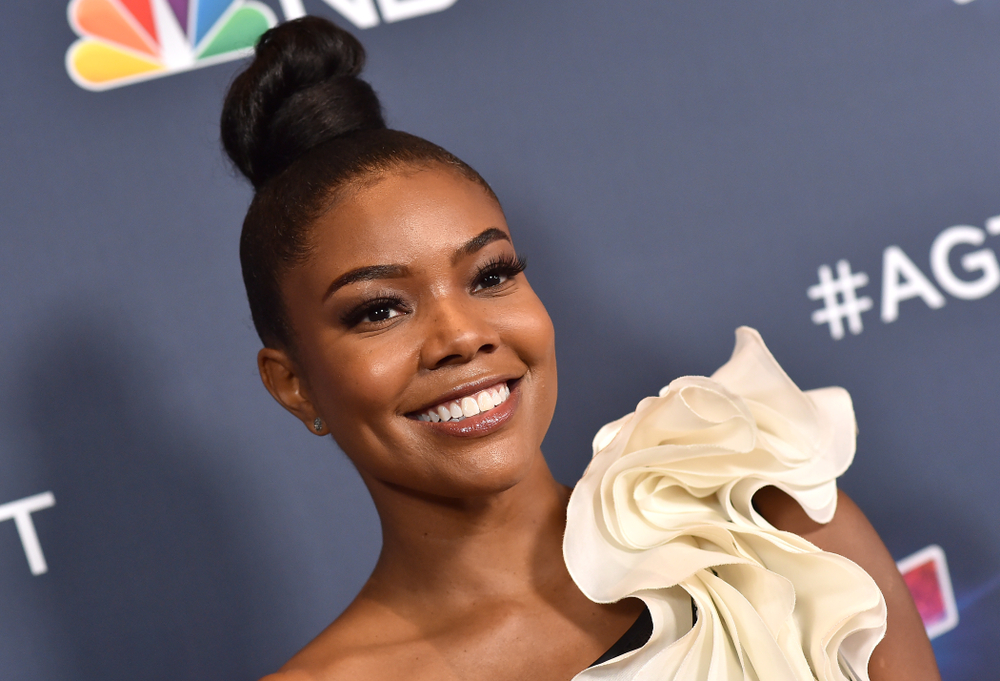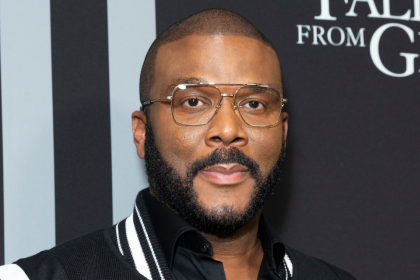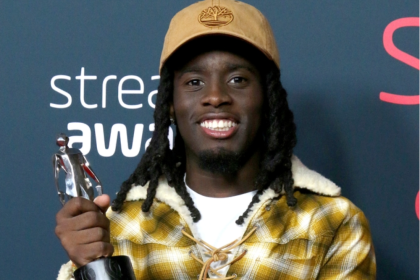In the digital age, where every selfie can spark a firestorm, Black women are leading a revolution of self-love and body positivity. But as they dare to bare their souls – and sometimes their skin – on social media, they’re met with a barrage of unsolicited opinions that reveal society’s deep-seated discomfort with their autonomy.
Social media: A platform for self-expression and scrutiny
Take Gabrielle Union, the 51-year-old actress who recently set Instagram ablaze with a tasteful nude photo. The image, a celebration of her confidence and vitality, quickly became a battleground for conflicting views on Black femininity, age, and propriety.
“I love you.. but this is so disappointing,” one commenter lamented, echoing a sentiment that Black women should somehow be immune to the natural human desire for attention and admiration.
Another user, apparently appointed as the guardian of Union’s marriage, declared that her body should be for her husband Dwyane Wade’s eyes only. It’s as if the very act of a Black woman owning her sexuality threatens the fabric of society.
Gabrielle Union: A case study in resilience
But Union isn’t alone in this fight. From Tracee Ellis Ross to Halle Berry, Black women in the spotlight are constantly told they’re “too old” to flaunt their figures. It’s a tired refrain that speaks volumes about our culture’s attempt to police Black women’s bodies and behavior.
GloRilla, the rising rap star, recently clapped back at fans who accused her label of oversexualizing her image. “I’m grown,” she reminded them, asserting her right to make her own choices about her body and her art.
These criticisms aren’t just annoying – they’re symptoms of a larger issue. They reflect a society that still struggles to see Black women as fully realized individuals with agency over their own bodies and choices.
Empowerment through self-expression
But for every naysayer, there’s a chorus of supporters celebrating these women’s confidence and beauty. “That’s a 51-year-old body that’s STILL bodyinggggg!!!” one fan cheered in response to Union’s post. Another saw beyond the surface, praising the “Freedom” and joy radiating from the image.
This groundswell of support signals a shift in the cultural conversation. More and more people are recognizing that body positivity isn’t just about acceptance – it’s about liberation.
The internet may be a double-edged sword, but Black women are wielding it with skill, carving out spaces for self-expression and community. Platforms like Instagram have become digital sanctuaries where they can showcase their beauty on their own terms, free from the constraints of mainstream media’s narrow beauty standards.
Support and solidarity
It’s time to stop policing Black women’s bodies and start celebrating their strength, resilience, and unapologetic self-love. The unsolicited opinions and judgments aren’t just unnecessary – they’re actively harmful, perpetuating outdated norms and stifling individual expression.
When Gabrielle Union shares a nude photo, she’s not just showing skin – she’s showing generations of young Black girls that they should embrace their bodies and feel proud of who they are. It’s a powerful act of resistance against a world that often tries to shrink them into submission.
The critics who claim such expressions are inappropriate or attention-seeking miss the point entirely. These women aren’t seeking validation – they’re claiming their rightful place in a world that too often tries to push them to the margins.
Time to stop body policing
As we move forward, it’s crucial to foster an environment where Black women can express themselves freely without fear of backlash. This isn’t just about individual choices – it’s about dismantling systems of oppression that have long sought to control and diminish Black women’s power.
The next time you see a Black woman celebrating her body on social media, resist the urge to comment on her age, her relationship status, or her “appropriateness.” Instead, recognize the revolutionary act you’re witnessing – a woman who has decided to love herself loudly and proudly in a world that often tells her to shrink.
In the end, this isn’t just about nude photos or Instagram posts. It’s about the right of Black women to exist fully and freely in their own skin. It’s about rewriting the narratives that have long sought to confine and control them. And it’s about time we all got on board.

















